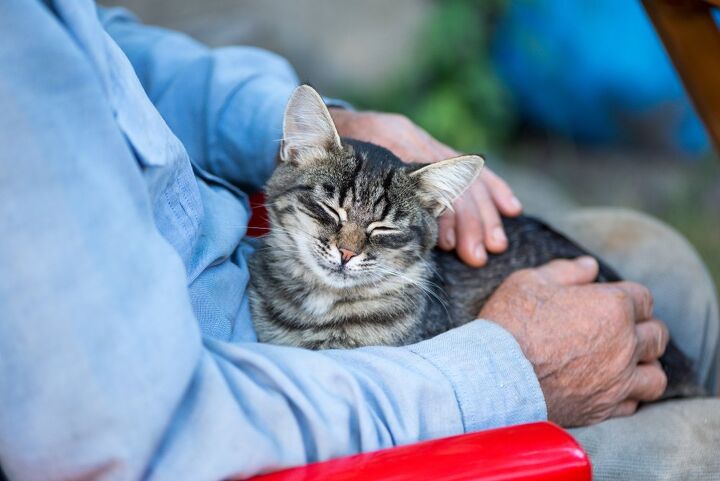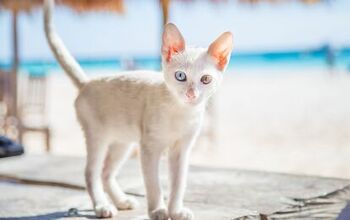These Are The Longest Living Cat Breeds, Study Shows

On average, cats have a life expectancy of 12 to 15 years, and most breeds fit well within these limits. However, it seems that some kitties are built a bit differently – a new study in feline life expectancies has revealed which cat breeds are more likely to live longer than you’d expect.
The study analyzed thousands of pet cats across the UK and revealed that some cats, like the Burmese or the Birmans, will live more than twice as long as the shortest-lived cat breeds.
“In terms of life expectancy, there has been very little research done on cats,” said Dan O’Neill, Senior Lecturer in Companion Animal Epidemiology at the Royal Veterinary College in the UK. “They’re kind of invisible to science, especially compared to dogs.”
O’Neill and his team analyzed data on 7936 cats that died between 2019 and 2021. This was some tremendous work that required plenty of patience. The data has been taken mostly from vets across the UK. And although it sounds grim, this careful data research has helped the team to learn a lot more about cat longevity.
The results were interesting, to say the least. It was concluded that, on average, the studied cats had a life expectancy of just over 11.7 years. What is more, female kitties outlived their male counterparts – they had an expected lifespan of 12.5 years, compared to 11.2 years for males.
However, the most interesting part of the study revealed that crossbreed cats tend to live longer than purebreds. The former has an average lifespan of 11.9 years, and the latter is at 10.4 years. But which breeds will live the longest? According to the data, the Birman and Burmese cats are at the very top of the list, both having an average life expectancy of 14.4 years. At the very bottom are Bengal cats and Sphynxes, having life expectancies of 8.5 and 6.7 years respectively.
Another key result achieved by this team is known as “life tables”. This helps predict the average remaining lifespan of cats at different ages. It can also be used to help cat owners decide how to treat their ill pets.
“If your cat is 11 or 12 years old and is only expected to live another year, then it’s probably not worth doing surgery, for example,” says O’Neill.

A proud mama to seven dogs and ten cats, Angela spends her days writing for her fellow pet parents and pampering her furballs, all of whom are rescues. When she's not gushing over her adorable cats or playing with her dogs, she can be found curled up with a good fantasy book.
More by Angela Vuckovic






















